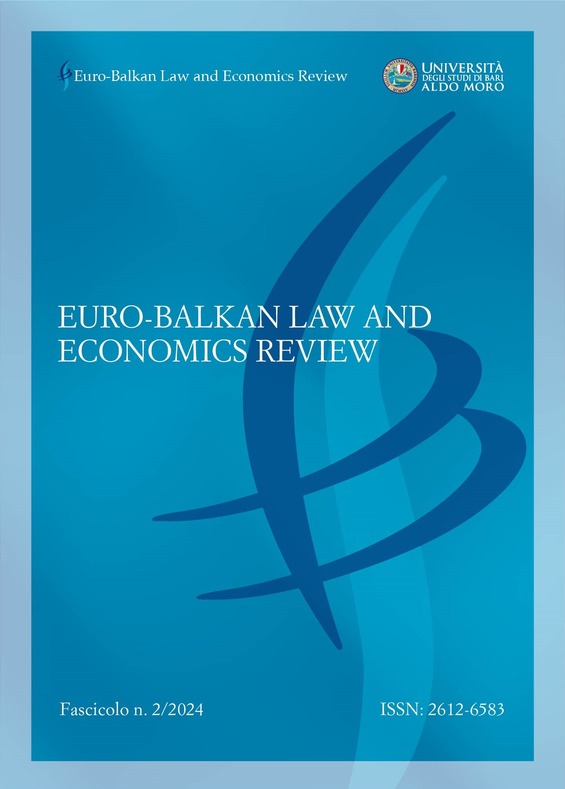La digitalizzazione dei mercati e le sue implicazioni per la tutela dell’utente
DOI:
https://doi.org/10.15162/2612-6583/2037Keywords:
digitalizzazione, mercati, tutela dell’utenteAbstract
The digitalization of markets has profoundly transformed economic dynamics; subsequently, it challenges the ability of the currently existing legal framework to provide individuals with effective protection. The digitalization process has significantly altered the consumer’s role and the nature of b2c interactions: companies can now engage with potential counterparties much earlier in the purchase journey, personalizing offerings and influencing decisions through data analysis and targeted marketing strategies. These developments raise concerns about individual autonomy in the digital ecosystem: the pervasive influence of data-driven market strategies may compromise users' ability to make fully informed and autonomous choices; furthermore, external asymmetries in the digital architecture and internal asymmetries related to user vulnerabilities can lead to subtle forms of persuasion and manipulation. Against this bedrock, the current regulatory framework - organized around sector-specific vertical regulations - struggles to address the multifaceted nature of digital interactions and potential harms to users. Traditional legal categories like “consumer”, “user”, or “data subject” become blurred in the digital context, highlighting the inadequacy of existing protective measures.
Accordingly, the article examines the multidimensional impacts of this transformation, focusing on new risks for market participants and the main shortcomings they create from a normative standpoint, underlining that a long-term approach on individual protection in digital markets requires rethinking the fundamental principles of user protection, to ultimately balance users’ rights with the promotion of a dynamic and competitive digital ecosystem.






